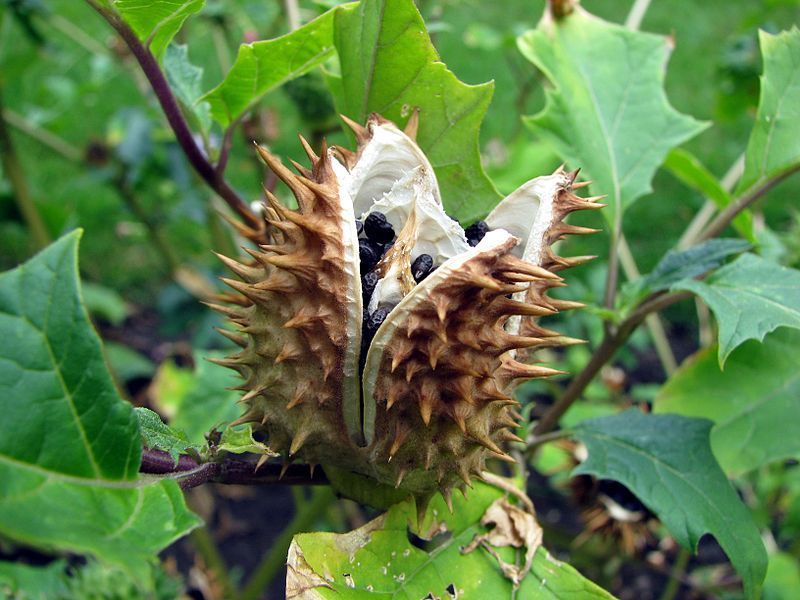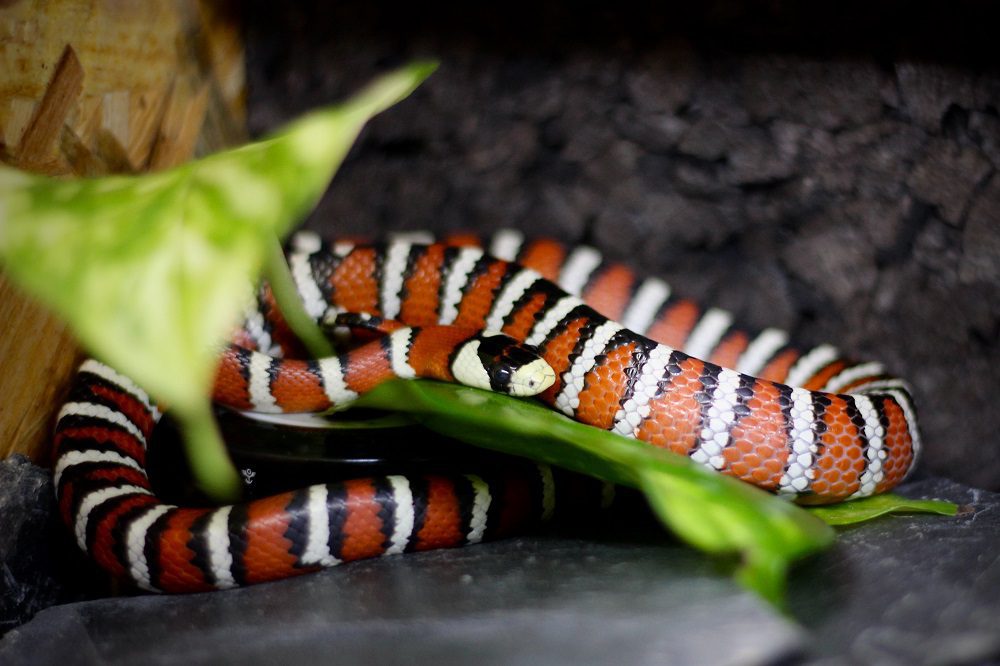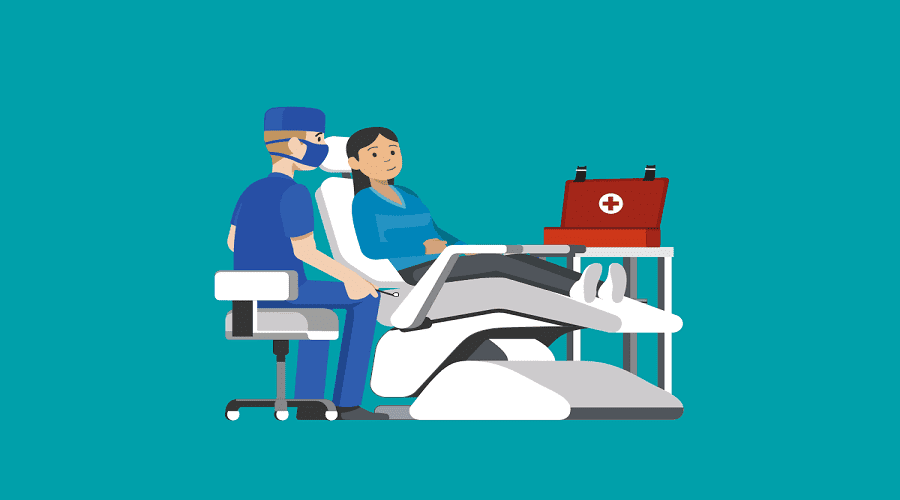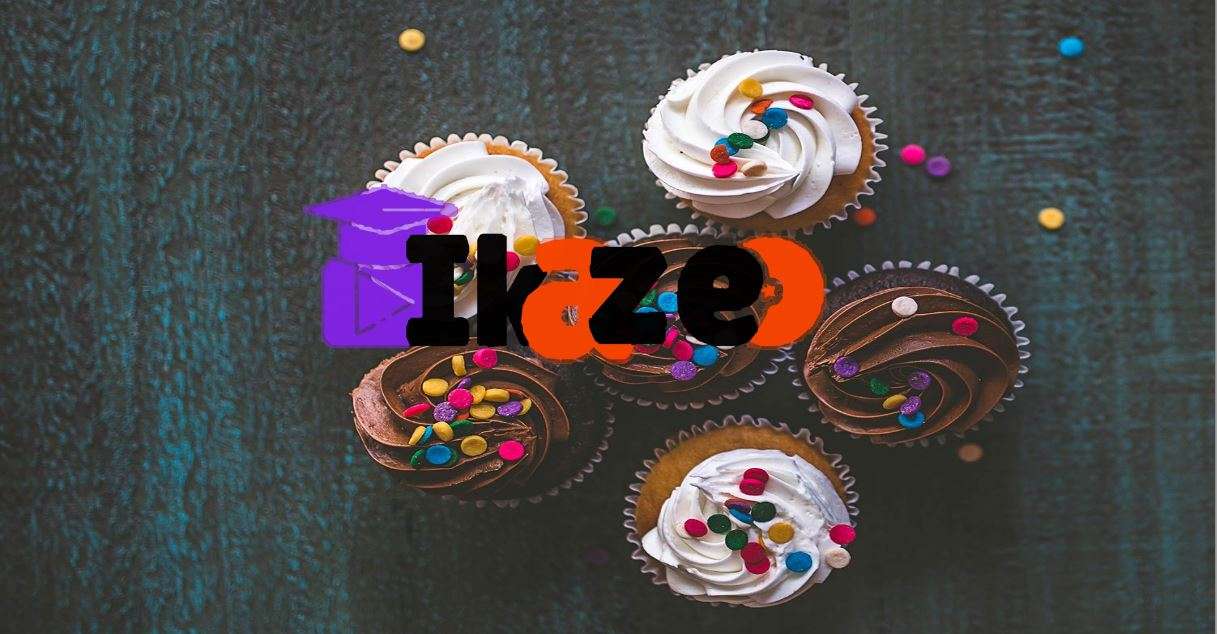Management of jimson weed intoxication in hospitals

The management of jimson weed (Datura) intoxication in hospitals includes a range of interventions, depending on the severity of the symptoms and the individual patient’s needs. Drugs may be used as part of this management, but they are not always necessary or appropriate.
Some of the commonly used drugs in the management of jimson weed intoxication include:
- Benzodiazepines: These drugs can help control agitation, seizures, and other symptoms of jimson weed intoxication. Examples of benzodiazepines include diazepam (Valium) and lorazepam (Ativan).
- Anticholinergic agents: Jimson weed contains chemicals that block the action of acetylcholine, a neurotransmitter that is important for a wide range of bodily functions. Anticholinergic drugs, such as physostigmine, can counteract these effects and help reduce the severity of symptoms.
- Activated charcoal: This medication can help absorb any remaining jimson weed in the digestive tract and prevent further absorption into the bloodstream.
- Intravenous fluids: Patients with jimson weed intoxication may experience dehydration and electrolyte imbalances due to vomiting and diarrhea. Intravenous fluids can help correct these imbalances and prevent complications.
- Oxygen therapy: In severe cases of jimson weed intoxication, patients may experience respiratory depression or failure. Oxygen therapy can help support the patient’s breathing until the effects of the drug wear off.
It is important to note that treatment for jimson weed intoxication should be individualized and based on the patient’s specific symptoms and medical history. In some cases, supportive care such as close monitoring and symptom management may be all that is needed.
















